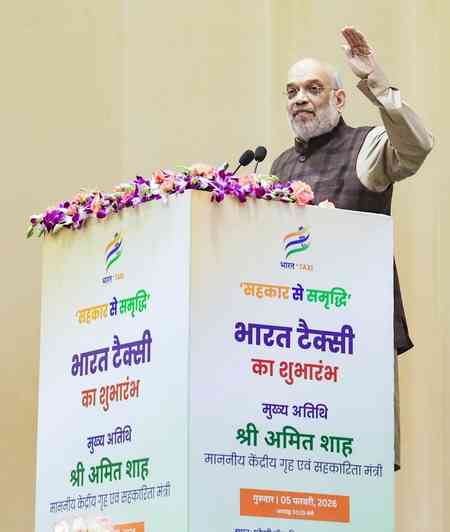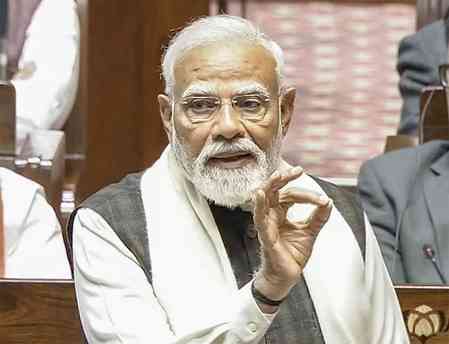INDCON 2020-2021 emphasis on creating a robust Research and Development ecosystem to enable Aatmanirbhar Bharat
The three- day virtual conference was organized by IMC Chamber of Commerce and Industry’s Knowledge Committee in association with MIT-World Peace University, Pune

Hyderabad: INDCON 2020-2021 focuses on development initiatives in India and how the educational institutions can play an intrusive role in making several industry laterals and economic sectors, self-reliant and progressive. The platform addressed the need for value change through R&D establishment at universities.
The introductory discussion explored that a good opportunity lies in institutes having a dialogue with relevant industries to understand current needs and future requirements. A suitable change in the syllabus to include robust and hands-on exposure will ensure relevant and updated changes to make students future-ready.
The panellists at INDCON 2020-2021 highlighted that India can develop implementable solutions with R&D that are advanced and global in the standard. “Aatmanirbhar Bharat” is expected to become a dream come true as R&D intervention will be launched much earlier and educational institutions will become an integral part of the nation's wider socio-economic ecosystem. It is encouraging to know that research, innovation and creative ideas will help the country achieve its national goals as well as larger concerns confronting humanity today.
Mr. Rajiv Potdar, President, IMC Chamber of Commerce said “The introduction of vocational training, the merger of UGC and AICTE, flexibility of subjects across streams, 5 + 3 + 3 + 4 structure and multi-lingual education in the new education policy 2020 is a significant milestone that will change India's educational landscape. This will open an ocean of opportunities for collaborations between industry and academia. A good partnership between the two would promote creativity and generate an industry-ready workforce and thus contribute to the $5 trillion economy goal.
Mr. Pravin V Patil, Chief Executive Officer, CIAP, MIT WPU said, “R&D projects are conducted at campus level in the west and gradually efforts are increased with companies partnering to make the product happen further. Whereas R&D facilities are still available at an industry level in India right now, and product developers are further working with a global partner to bring it to fruition. With INDCON, we aim to promote the thought of driving R&D initiatives via universities into the economy. This conclave is a flag off journey to recognize the loopholes and requirements and make them available to develop a sustainable Industry-Academia ecosystem.”
Today, industries are looking for ready-made knowledge. Time and revenue expenditures for R&D are massive, and not every organisation has the capacity to do so. The INDCON panellists agreed that the introduction of R&D exposure at the university level will strengthen the ecosystem of institutionalised skills development, advanced research, and technology-driven innovations. This would enable a huge upsurge of world-class start-ups and entrepreneurs to build new livelihoods across the country.
Representing the automotive industry, Mr. Jayanta Deb, CTO MG Motors said “It is important to recognise that a corporation may invest in the creation of a product, but the brain that will produce the product needs to be built first at an educational institution with the right amount of experience, infrastructure and exposure. Refinement is possible only after the ball is set rolling on the right course and that is something that academicians and technology educationalists need to ponder upon and become inclusive of R&D as an advanced offering.”



 cityairnews
cityairnews 










